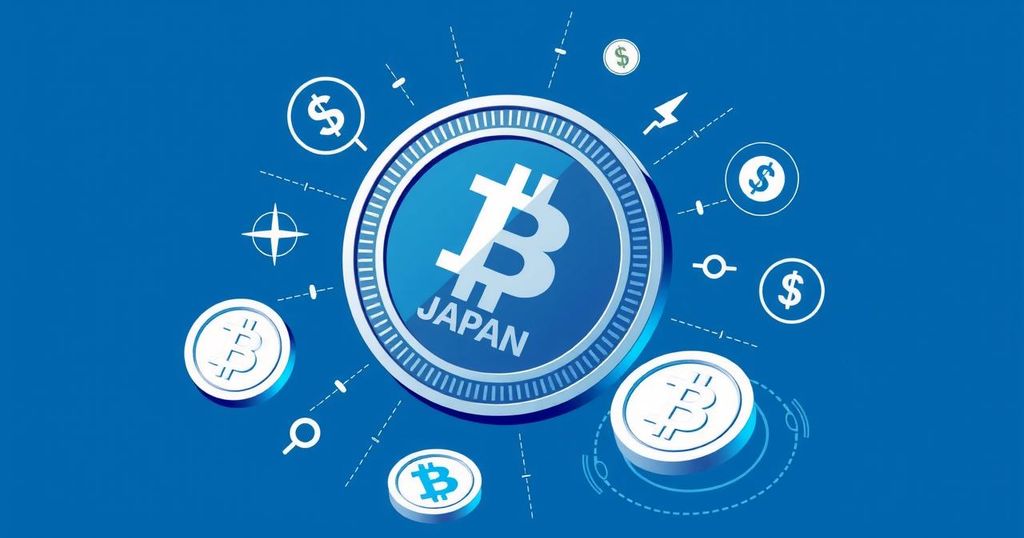Crypto Regulations in Japan: 2025 Updates on Laws, Licensing and Tax
- Japan legally recognized cryptocurrencies as payment methods in 2017.
- Crypto exchanges in Japan must register with the Financial Services Agency (FSA).
- Starting mid-2025, certain tokens will be reclassified as securities under FIEA.
- Japan plans to introduce a flat 20% capital gains tax in 2026 for crypto earnings.
- The Financial Services Agency leads the regulatory framework for crypto in Japan.
Japan’s Regulatory Landscape for Crypto and Digital Assets
Crypto regulations in Japan have undergone significant changes as we head into 2025, reflecting the nation’s ongoing effort to establish a comprehensive legal framework for digital assets. Since becoming the first major country to recognize cryptocurrencies as a form of payment back in 2017, Japan has made strides in setting industry standards through the Payment Services Act (PSA) and the Financial Instruments and Exchange Act (FIEA). Now, as of mid-2025, the landscape is evolving once again with the reclassification of certain tokens as securities, which promises to introduce stricter compliance requirements and detailed disclosure guidelines.
The Role of the FSA and the Legal Framework
The Financial Services Agency (FSA) has always been at the forefront, providing clarity and regulatory direction. Under the PSA, which saw revisions in 2020 and 2023, crypto exchanges must register with the FSA, ensuring they meet rigorous compliance standards, including anti-money laundering (AML) procedures and customer protection mandates. This creates a legal environment that is both stable and transparent, which is crucial for fostering trust among investors. In addition to tightening regulations surrounding traditional crypto exchanges, Japan is now paving the way for crypto ETFs and additional investor protections by proposing new laws that would govern the trading of tokens with financial features.
Navigating Crypto Licensing in Japan
With the beginning of 2025, licensing for crypto businesses is no small feat. Companies seeking to offer crypto services must comply with stringent guidelines that include having a local bank account, a Japanese compliance team, and a minimum capitalization requirement. The FSA has categorized different types of crypto service providers like Electronic Payment Instrument Exchange Service Providers (EPIESPs) and the newly established Crypto-Asset Intermediary Service Providers (CAISPs), which allows non-custodial platforms to operate more freely without full exchange registration. However, these regulations can still present daunting challenges for smaller entities looking to enter the space.
Upcoming Changes to Crypto Tax in Japan
As for tax matters, until recently, profits from crypto activities were subject to a progressive income tax rate that could reach as high as 55%. However, a transformative flat 20% capital gains tax is on the horizon, expected to officially roll out in 2026. This shift aims to create a more appealing climate for both domestic and international investors by placing cryptocurrencies on the same level as traditional stocks regarding taxation. Until this change takes effect, crypto earnings remain fully taxable, and taxpayers are still required to report profits derived from various crypto transactions, including staking and NFTs under the current regulatory framework.
Aiming to Become a Global Leader in Crypto Regulation
The evolution in Japan’s regulatory stance toward crypto, its shift to categorize certain digital tokens under the FIEA, and the anticipated introduction of crypto ETFs are significant moves forward. The proposal for increased oversight aligns closely with an overarching objective: to ensure investor protections while stimulating healthy sector growth. If passed, measures for mandatory disclosures and tighter market conduct regulations can reshape Japan’s crypto landscape, making it an attractive destination for global financial players. As Japan aims to integrate these frameworks, the country is not just protecting its citizens’ investments; it is positioning itself as a leader in crypto regulation on the global stage.
Japan is at an exciting crossroads in its approach to cryptocurrency, balancing progressive regulations with the needs of innovative startups and established players alike. The move toward classifying tokens as securities, along with the new flat tax framework, might inspire much-needed clarity within the industry. In essence, while challenges remain—especially for small businesses—the Japanese government is steadily crafting a regulatory environment that could serve as a tradition for how other nations handle digital assets.




Post Comment